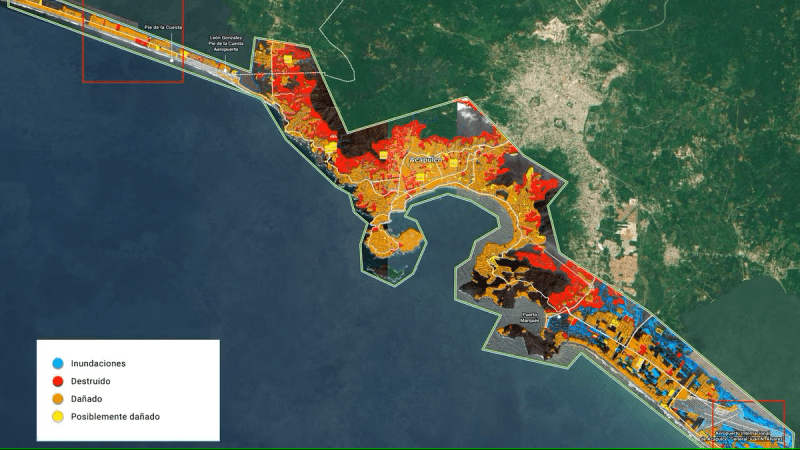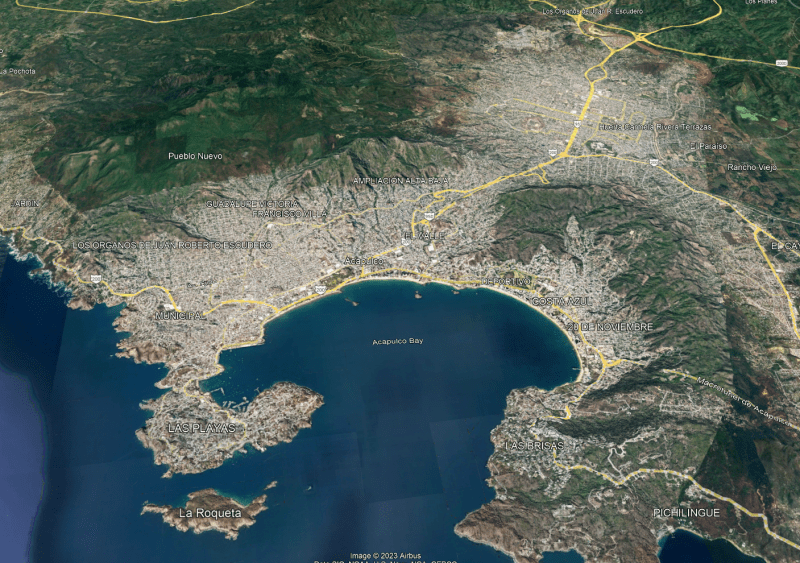In addition to high litigation expenses ...
The weather does seem to be on their minds, including deSantis.
[URL unfurl="true" said:
https://eu.pnj.com/story/money/2023/07/12/florida-insurance-crisis-farmers-insurance-home-insurance-what-to-know/70407302007/[/URL]]An increase in storm hazards played another important role. United Property and Casualty, a Florida insurance company that is in liquidation, wrote that between 1851 and 2018, 41% of the 292 hurricanes that hit the U.S. in that time frame also hit Florida — 37 of those 120 hurricanes were rated a Category 3 or higher.
The high cost of severe weather damage has prompted more than a dozen insurers to either pull out of Florida or increase rates. That comes despite $3 billion spent by the legislature in the past year to stabilize the industry.
“I think you’re going to start to see companies see an advantage," Governor
Ron DeSantis offered his forecast earlier this week during The Howie Carr Show.
He also said, “I think what’s going to happen is because we did those reforms, it now is more economical for companies to come in, I think
they’re going to wait through this hurricane season and then I think they’re going to be willing to deploy more capital to Florida. So knock on wood (that)
we won’t have a big storm this summer."
Wiles said it’s unrealistic to not expect a big storm, but said he has heard large insurance companies are talking about returning to Florida
after this hurricane season.
When insurance companies pull out of TX, LA, CA and FL., you don't suspect its the weather?
High costs usually are not associated with TX and LA.
CWB1, Agree. That's kind of the problem isn't it. After a hurrican passes, they all collect their cheques and rebuild bigger and better on the same spot, just to get whiped off the map again and again. Why worry, as long as you can get insurance.
--Einstein gave the same test to students every year. When asked why he would do something like that, "Because the answers had changed."


